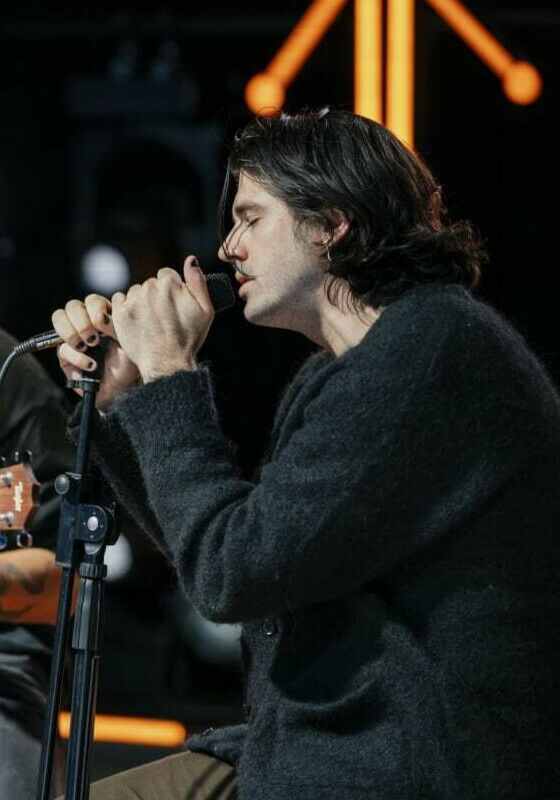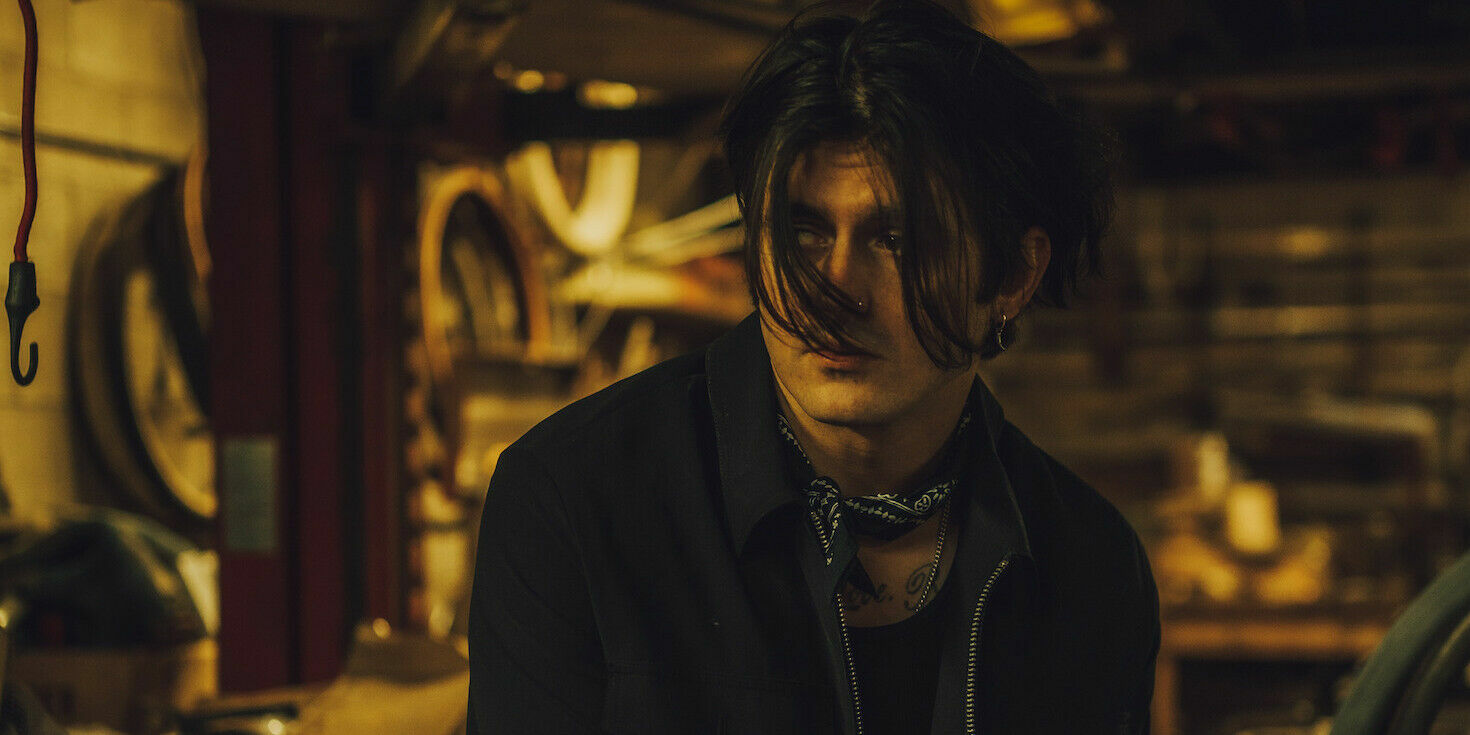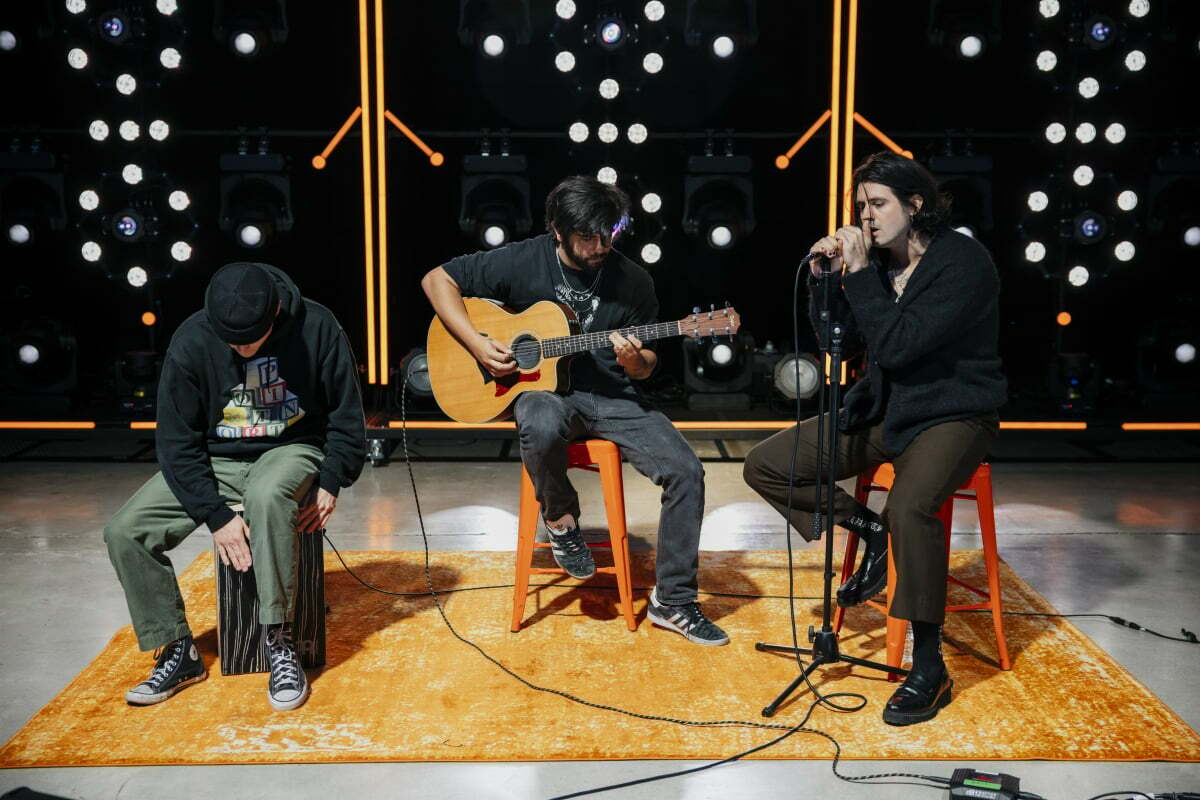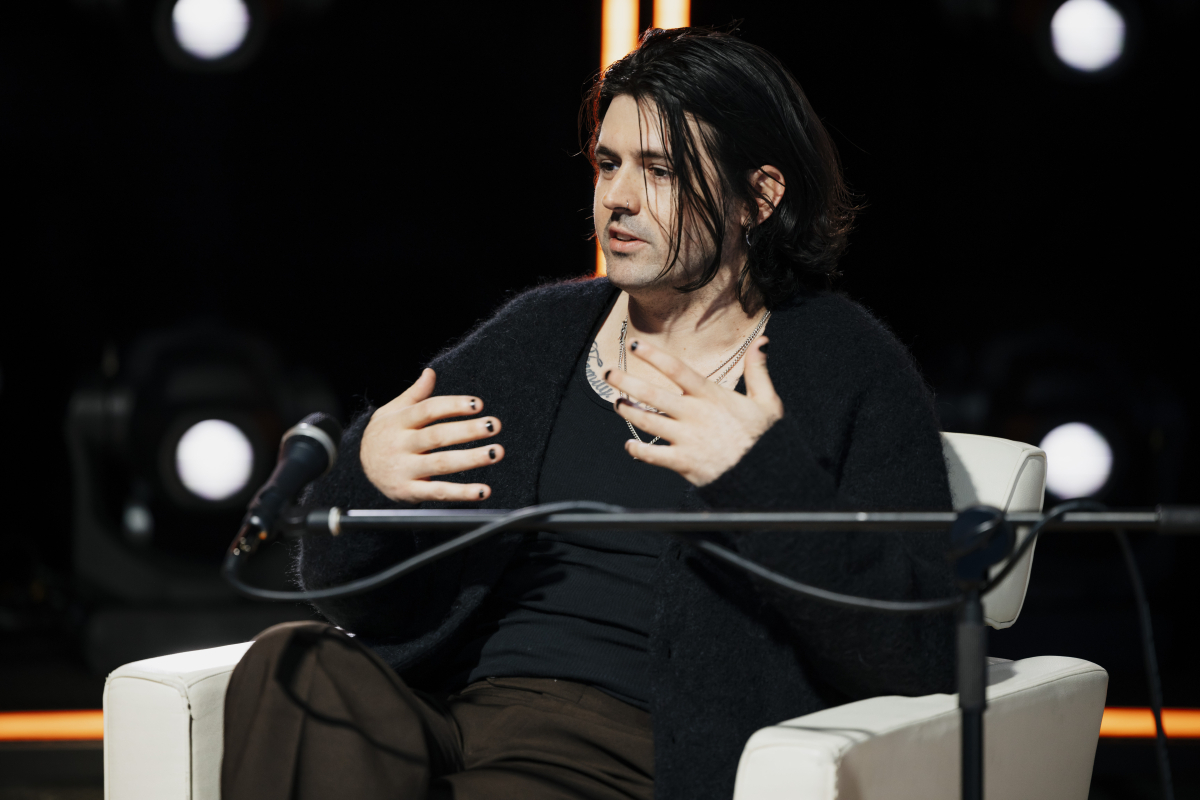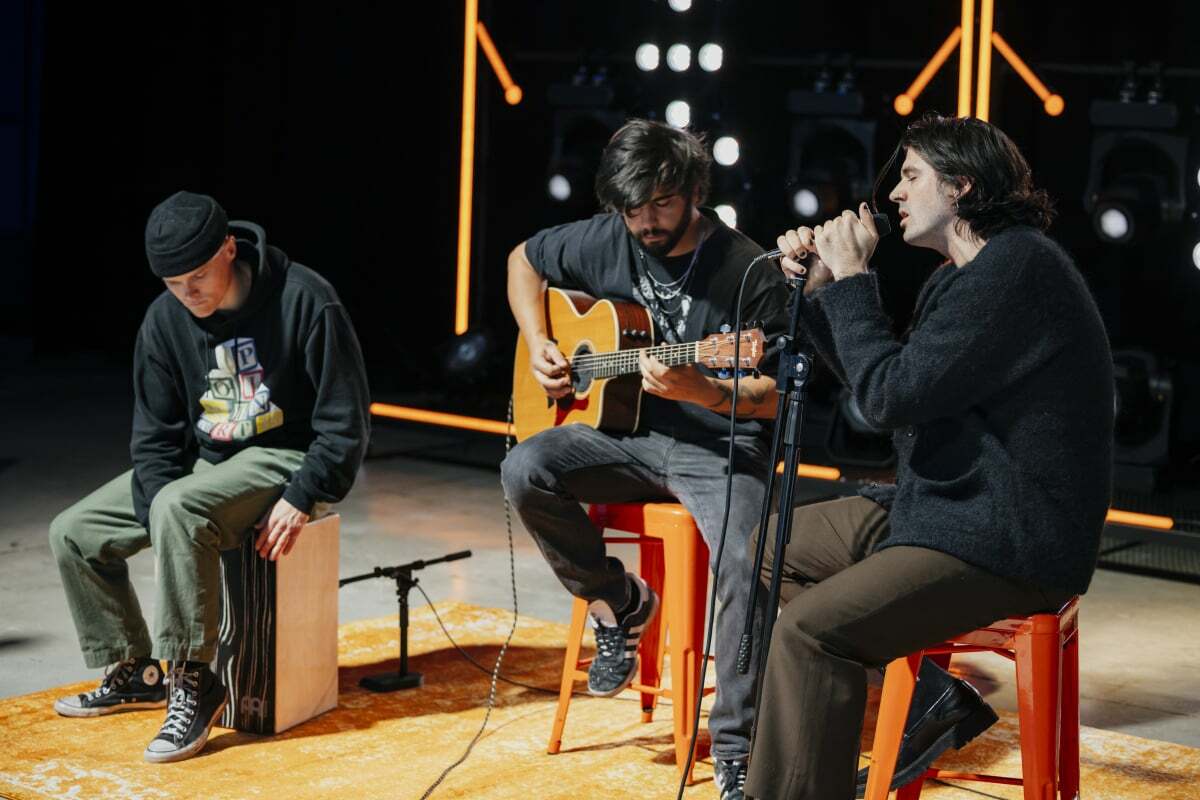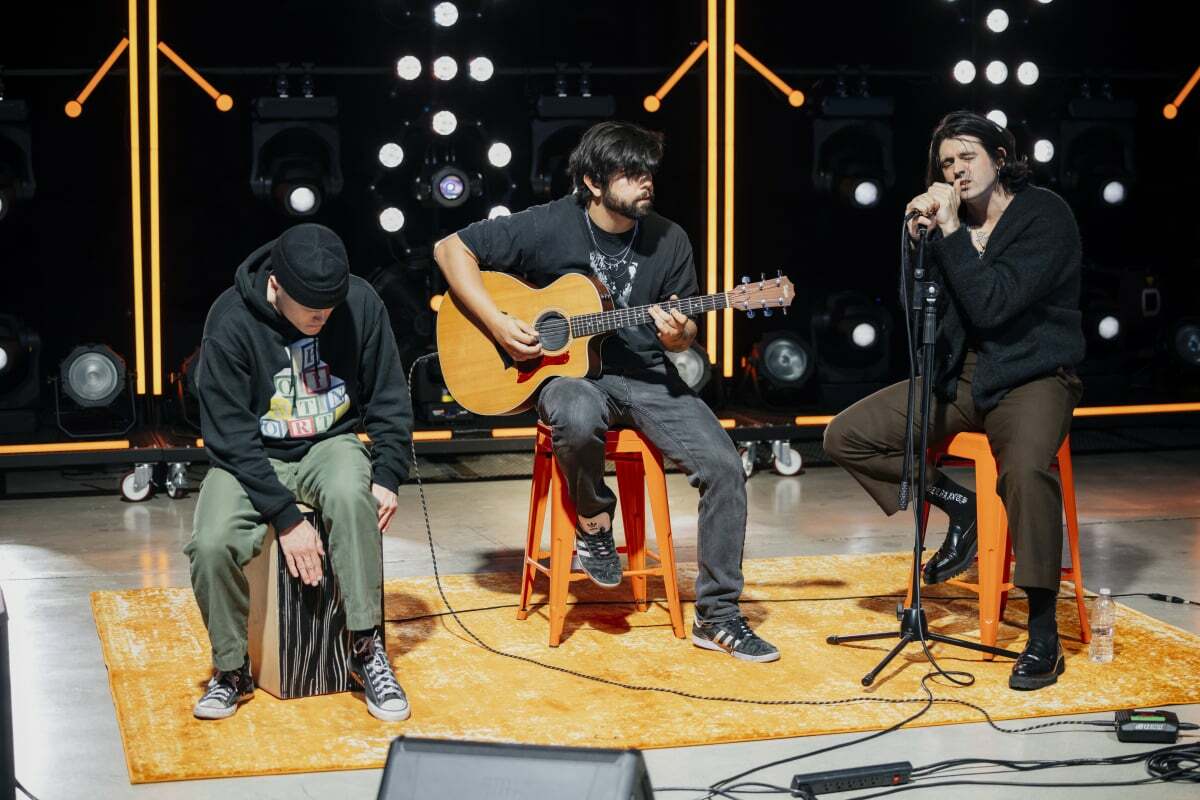Lots of friends and band members have come and gone, and a lot of it is about who's willing to stick it out through the hard times. My whole 20s were spent counting pennies, and I’m still doing that to an extent, but now the light at the end of the tunnel is bigger than it's ever been.
It's a lot of years of trial and error, being proved wrong, and having the will to get back up and be wrong again and again. The real thing that matters is that I'm making that teenage kid happy, and I'm writing songs that he would listen to. If I keep it pure like that, I'm not going to worry about the logistics of the whole thing, because you get burnt out.
Over the last couple of years you’ve started doing a lot more touring. How has that experience been for you?
Up until last year I was my agent, my manager, and had to book every one of my shows. As well as being the artist, you have to find the bands and be the promoter just so you can go do your dinky 25 minute set and have fun.
After a decade of that I’ve finally got an agent who’s working on a tour of my own, and who believes in me and wants to help. Getting that was everything to me, because tour booking is of course a big business and I was on the outside looking in for so long. Now I feel like an equal at the table with these guys that make big things happen in the industry.
My first US tour was really easy to make happen. We also did some international shows with the same kind of workflow, and now we're planning another US tour in a few months. Something that I didn’t realise growing up in music is that it all comes from people just wanting to be around other people that they like, or that they feel comfortable with.
It's not about who wants it the most. Just be a friend. Especially when you're on the road for 30 days, no one wants someone who's going to be a pain. And so to be someone that people like to be around is so much more valuable than I knew.
